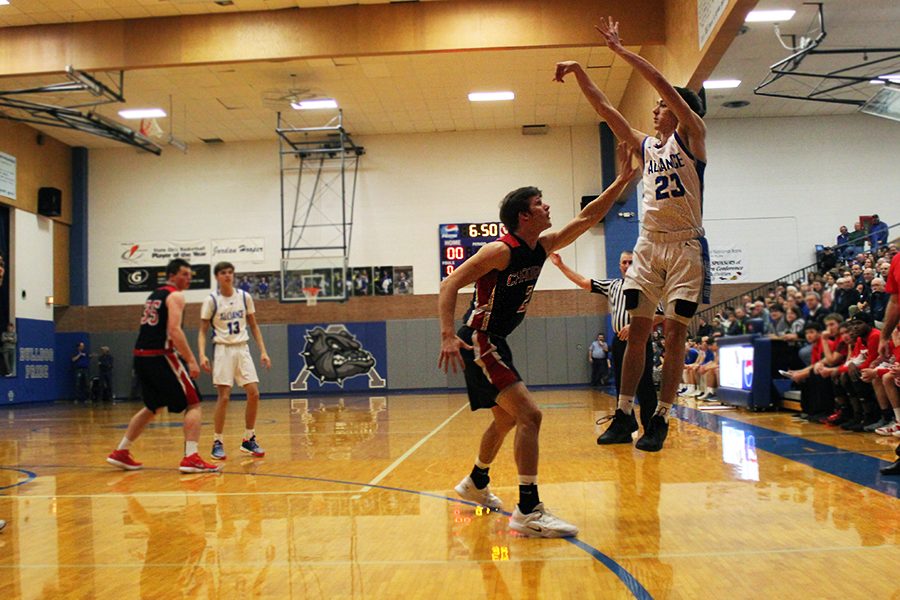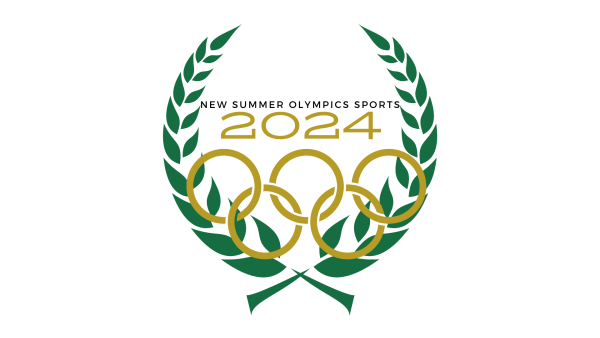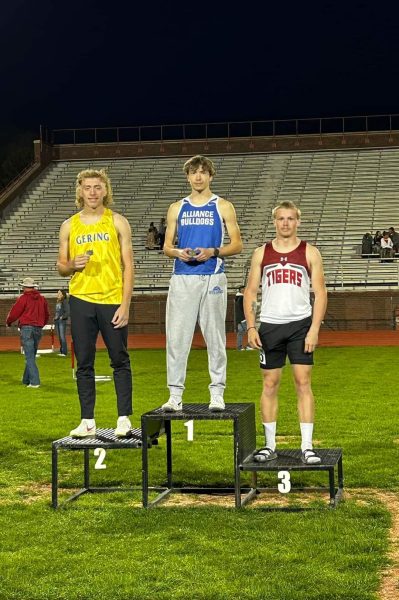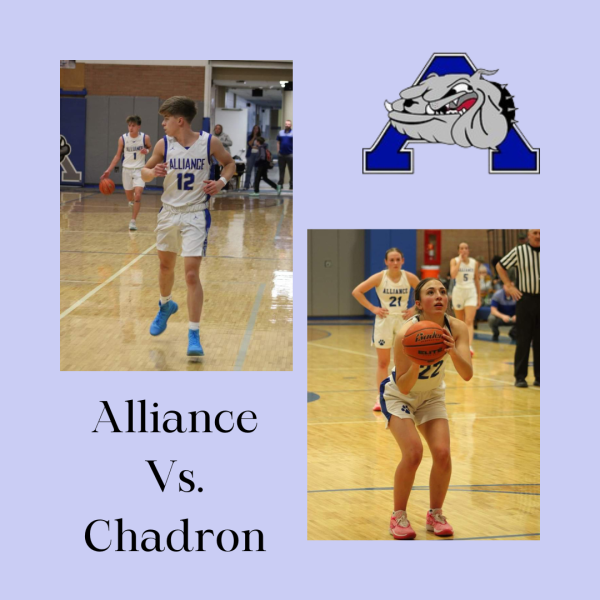What Is Too Much?
When it comes to high school sports, most parents and athletes take the game pretty seriously. While student athletes prepare and practice to get better, it is their parents job to motivate and encourage them. When athletes put so much time and effort towards mastering a sport, they become attached and connected to it, and in turn, so do their parents. Of course, everyone wants to win, but not everyone does.
This is where anger and frustration come into play. If an athlete isn’t playing at his/her best capability, then some parents will become irritated, and might even feel the need to place the blame on the referees. Some parents get so engaged in their child’s support that they become outraged and obnoxious and make quite a scene within the crowd. They often yell and nag at the refs and complain to the supporting crowd. They almost seem to have more school spirit than the high schoolers. Of course, not all parents react this way, but the ones who do have to face the consequences.
Officials are highly respected for their deeds and class, but when it comes to excited and frustrated parents, it’s a different story. Refs try their best, but, of course, there are times when they aren’t going to call a perfect game. An official around Alliance, Nathan Lanik, says, “We are human and will miss calls on both teams, but if the game has a flow then we have won the biggest battle.” Lanik loves officiating, so he focuses on all of the positives. He says, “I absolutely love what I do, and many of the other officials that I work with would echo that statement. I would say we do it for the love of the game.”
The reactions of parents can often affect the way officials ref, but for Lanik, that’s not the case. He says, “I don’t believe parents, or fans in general, affect the way I officiate the game. My hope is that people don’t even realize that I am on the floor with the kids.” So, when it comes to obnoxious and loud parents, Lanik, again, stays positive. He knows that it is just a game and that some reactions are just simply not worth stressing over. He says, “I understand that parents are there to support their kid or the team, but it should be done with class. I have nothing against a parent that feels that their kid may have caught a tough break.”
At the end of the day, an official will struggle to call a perfect game, but that will always be one of his/her goals. Lanik says “I understand that anytime I dress up in an outfit that is totally different than anything or anyone else in the gymnasium, I am going to get critiqued by those sitting in the bleachers.”
When fans have crossed the line when it comes to critiquing the officials, they have to face the consequences. Lanik says, “When parents or fans make decisions they need to accept the consequences of these actions or verbal spews. One would have to be extremely oblivious to anything if they think they have the right to degrade another human because of a sport.” If it has gone too far, then authorities have to remove the fans and/or parents due to safety reasons. “Competitive situations will bring out the best, and unfortunately the worst, in people.” says Lanik.
A sporting event bringing out the worst in some people is something Angie Hiemstra knows all too well. Angie is the mother to one of the leading basketball players on the Alliance Bulldogs Varsity boys basketball team, Mason Hiemstra. Not all parents react obnoxiously in the crowd when things go wrong. In fact, some parents, like Angie, have to stay calm when others are yelling at their kids. People in the crowd become so engulfed in the game that they turn their frustration into something personal. Angie keeps her cool in the crowd, but one thing that frustrates her is the way her family and Mason are treated. Opposing crowds have taunted the family, yelling “Daddy’s boy” when Mason’s dad, Randy Hiemstra, was the assistant coach. They mock him from the crowd while he’s playing and try to distract him. Sometimes it is a fair game, but other times it gets personal. Angie says, “There have been several games this year where the opposing students and/or parents have specifically yelled at Mason from the sidelines about his personal appearance, his athletic ability, what he is wearing, or their personal opinions about him.”
Of course, it is questionable on why they are even allowed to taunt a certain player. Who is allowing this to happen? Angie made a great point about this topic. She said, “I just wish all school administrators would hold their students and parents accountable for their words and actions like ours do. Our administration encourages our students and parents to cheer for our team, while many others seem to focus on tearing the opponent down.”
Despite these disappointments, Angie is understanding when it comes to this certain situation because she knows how serious varsity games can be taken. She knows that some of the drama caused within the games is due to rivalry, competitiveness, player interaction with the crowd, and player to player interaction. These dramatic situations can also be caused when a player, like Mason, is getting recognized for all his accomplishments, whether it be on social media or even in real life.
Sporting events really can bring out the worst in people. Those like Nathan and Angie, who deal with it from two different personal perspectives, have learned to understand it and handle it in a positive manner. A game is just a game, and it will always come down to two teams playing on the court, despite the outside distractions.

Hello, I am Maycee! I am a senior at Alliance High School, and this is my second year writing for the Spud! I am the daughter of Tara and Deon Quick. I...











